Question And Answer
Publications
Articles, publications, books, tools and multimedia features from the U.S. Institute of Peace provide the latest news, analysis, research findings, practitioner guides and reports, all related to the conflict zones and issues that are at the center of the Institute’s work to prevent and reduce violent conflict.
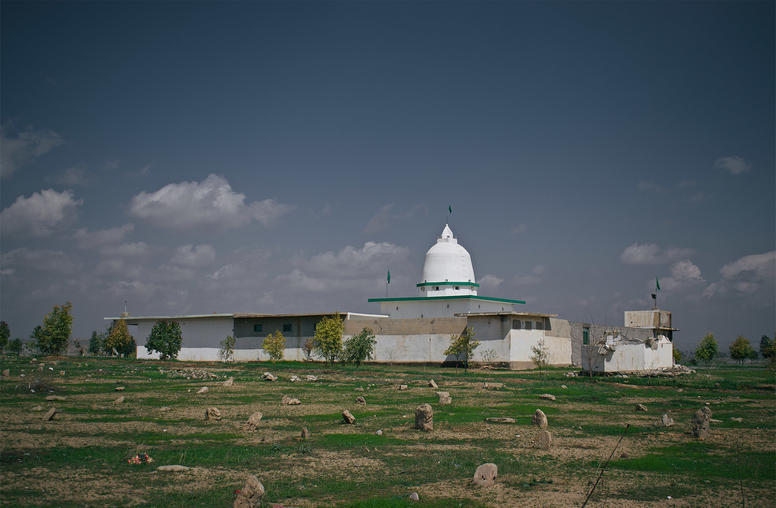
Threat to Kakai Community Poses Broader Challenges for Iraq’s Democracy
Amid the global pandemic, ISIS and the havoc it still wreaks have largely fallen out of the headlines. Nonetheless, the terrorist group’s genocidal march against Iraqi minorities has continued. In Iraq’s eastern Diyala province, ISIS has targeted the Kakai minority with multiple, vicious attacks. The plight of the Kakai community in Iraq is a microcosm of the larger existential challenges Iraq faces. Ethnic and sectarian divides have been a flashpoint for conflict and division for decades. For Iraq to move past the wreckage of ISIS, prevent the terrorist group’s resurgence, and advance its struggling democracy, the Kakai must not only be protected but woven more meaningfully into the diverse tapestry that is Iraq—and the United States has the opportunity to help.
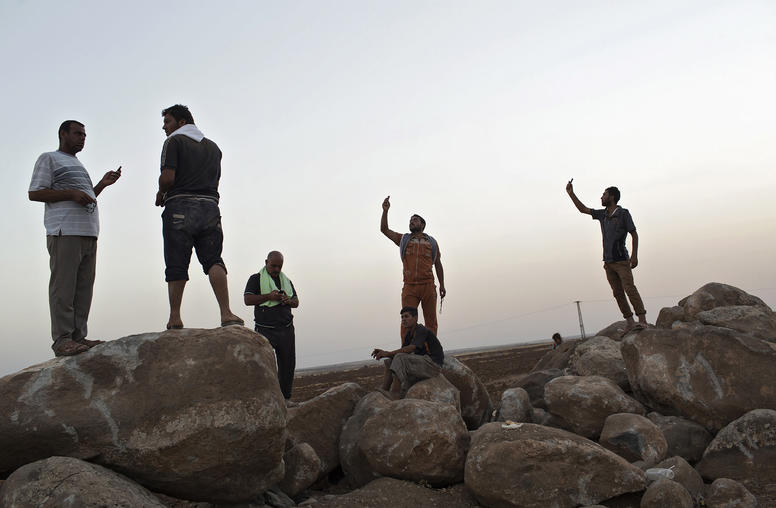
Driven from Their Homes By ISIS, Minorities Face a Long Road Back in Iraq
In 2014, Islamic State militants committed genocide against religious and ethnic minorities, particularly Yazidis and Christians, across northern Iraq. Kidnapping, rape, and murder marked this campaign of terror; thousands fled their homes. Six years later, with ISIS defeated militarily and its leader, Abu Bakar al-Baghdadi, dead following a U.S. raid, many displaced Iraqis have yet to return to their homes. The obstacles they face range from bureaucracy to a fear for their lives amid signs of an ISIS resurgence to Turkish airstrikes against groups Ankara sees as threatening its national interest.

Keith Mines on Venezuela’s Spiraling Humanitarian Crisis
The humanitarian crisis in Venezuela is reaching proportions not seen in Latin America since the 1930s. Meanwhile, USIP’s Keith Mines says the country is at a “tragic impasse, and that impasse is entirely political,” as both Juan Guaidó and Nicolás Maduro maintain their respective claims to power.

Steve Hege on Venezuela and Colombia During Coronavirus
After the U.S. indictment of Venezuelan President Nicolas Maduro, USIP’s Steve Hege looks at how the political crisis in Venezuela endangers vulnerable populations as well as neighboring Colombia amid the coronavirus pandemic.
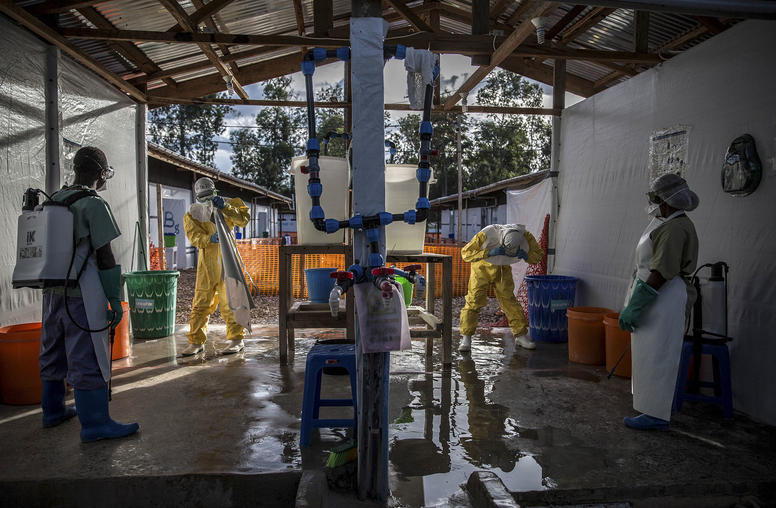
Four Lessons from Outbreaks in Africa for the Age of Coronavirus
As the coronavirus pandemic continues and new behavioral practices—from social distancing to avoiding handshakes and hugs—become expected norms overnight, there are crucial policy lessons to be learned from struggles against previous outbreaks of disease in Africa. Despite widespread poverty, weak infrastructure, and relatively few health professionals, there is an encouraging, long record of African countries—often with significant international assistance and cooperation—eventually managing to overcome dire health challenges. For non-African countries already facing large numbers of COVID-19 infections, as well as for African countries where the epidemic is now at an early stage, policymakers would do well to recall these four lessons of past epidemics—of both what to do and, perhaps almost as importantly, what not to do to confront this global threat.

Nancy Lindborg on the Impact of Coronavirus in Fragile States
As COVID-19 cases appear in the Middle East and Africa, USIP’s Nancy Lindborg talks about opportunities for peace amid the humanitarian and security risks posed by an outbreak. “The hope is that everyone uses this opportunity to put down their arms and think differently about conflict,” says Lindborg.
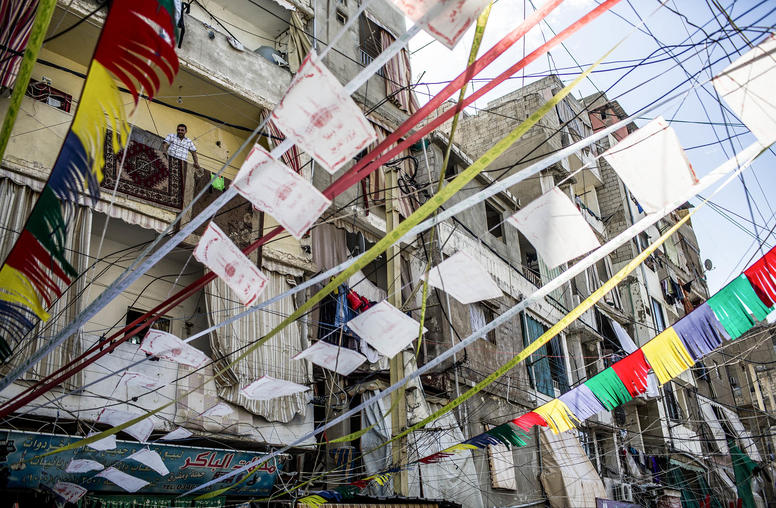
Why the Middle East is Especially Vulnerable to Coronavirus Crisis
As the world grapples with the dangerous and evolving coronavirus pandemic, the impact on the most vulnerable populations—the homeless, prison populations, and the impoverished—cannot be overestimated. In the Middle East, a region already ravaged by conflict and suffering from inadequate services and poor governance, the novel coronavirus could have untold consequences. Refugees and internally displaced people (IDPs) in the region are among the most at risk. Mitigating the impacts of the coronavirus, technically known as COVID-19, on this population will be critical to stanching the spread of the pandemic.
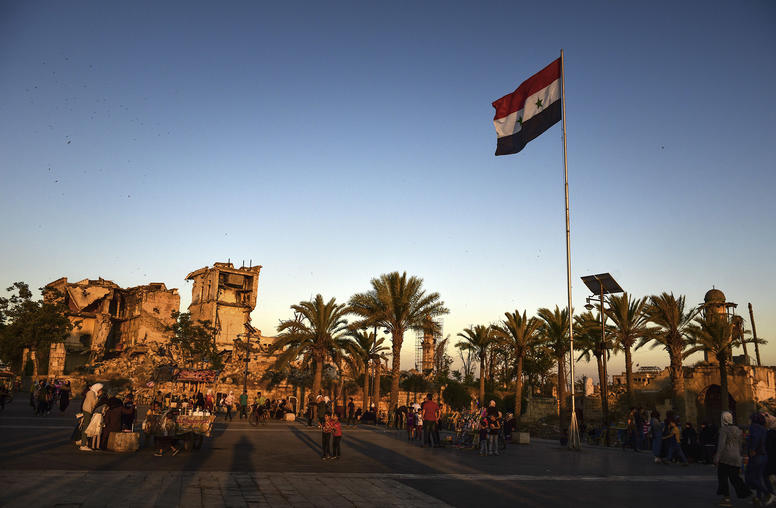
After Nine Years, Syria’s Conflict Has Only Become More Complicated
In March 2011, as the Arab world was roiled by demonstrations, protests broke out in Syria to demand political reform after four decades of Assad rule. Nine years later, the Assad regime is on the offensive against the last rebel stronghold of Idlib, with Russia, Turkey and Iran all heavily invested in the conflict. The humanitarian consequences for Syrians cannot be overstated and a political solution to conflict seems as distant as ever. USIP’s Mona Yacoubian discusses the dreadful toll on the Syrian population and what the battle for Idlib means for the trajectory of the conflict.

Mona Yacoubian on Syria’s Future After Nine Years of Conflict
Idlib is the site of Syria’s largest displacement crisis since the conflict began nine years ago, with nearly one million displaced in the province. As the Assad regime continues to reclaim Idlib, USIP’s Mona Yacoubian looks at the future for Syria, saying “the fact of the matter is that Syrians are terrified to live under Assad’s rule.”
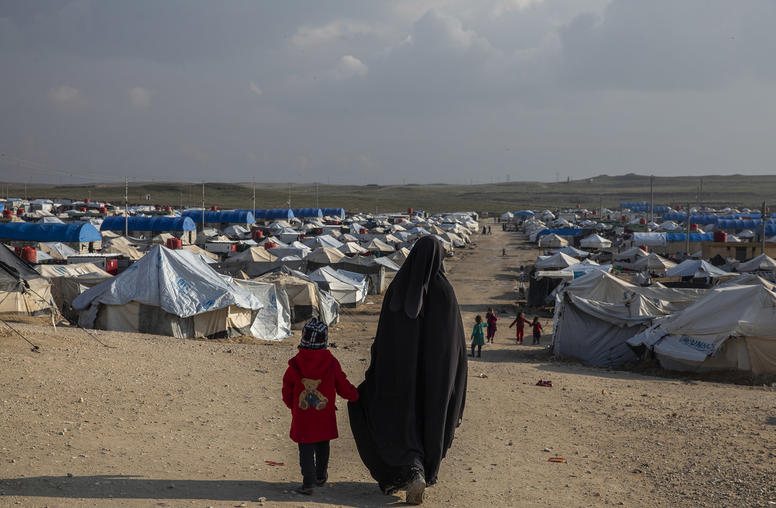
Children Are Neglected Victims of Syria’s War
As the war in Syria enters its tenth year, the conflict’s disproportionate toll on children underscores the generational challenge that lies ahead. An enduring political solution to the conflict remains a distant prospect, but humanitarian interventions to assuage Syrian children’s suffering must be prioritized today. An end to the fighting would be the most impactful development, but in the interim, intensifying efforts to address trauma, diminish early marriage and child labor, and rejuvenate education can help relieve some of the pain and begin to rescue the generation that holds Syria’s future.